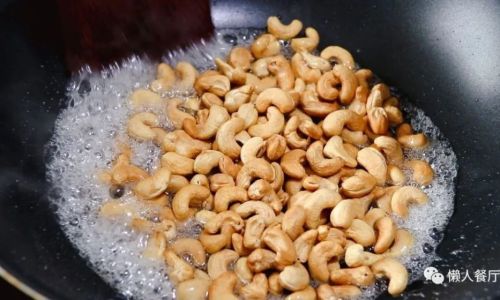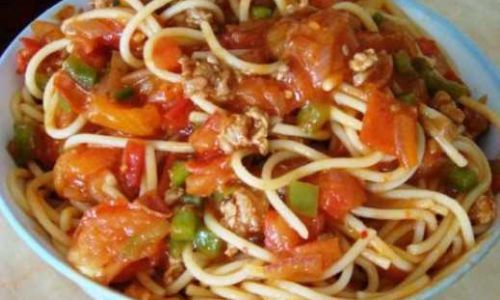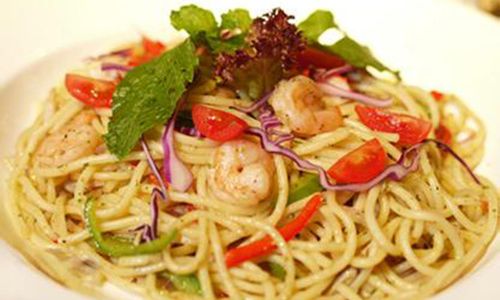Introduction
Cashews, with their creamy texture and nutty flavor, are a beloved snack worldwide. Whether enjoyed on their own, incorporated into dishes, or used as a topping, these versatile nuts offer a delightful taste experience. One of the most popular ways to consume cashews is by roasting them, a process that not only enhances their natural flavor but also brings out a rich, toasty aroma that is hard to resist. However, achieving perfectly roasted cashews can be a challenge, especially for those unfamiliar with the nuances of the roasting process. This comprehensive guide aims to demystify the art of roasting delicious cashews, providing insights into selecting the right ingredients, preparing the nuts, choosing the appropriate roasting method, and mastering the crucial steps to ensure a perfect outcome.
Chapter 1: Selecting the Perfect Cashews
Before diving into the roasting process, it’s essential to start with high-quality cashews. The quality of the nuts will significantly impact the final taste and texture of your roasted cashews. Here are some key factors to consider when selecting your cashews:

1 Freshness
Freshness is paramount when it comes to nuts. Look for cashews that have been recently harvested and have a shelf life that hasn’t been excessively shortened by improper storage. Fresh nuts retain more of their natural oils and flavors, leading to a better roasting experience.
2 Origin
Cashews grown in different regions can vary in taste, texture, and oil content. Some popular origins include Vietnam, India, Brazil, and Africa. Each region’s unique climate and soil conditions contribute to distinct flavors. Experiment with various origins to find the one that best suits your taste preferences.
3 Appearance
Visually inspect the cashews for any signs of mold, discoloration, or pests. Healthy cashews should have a uniform color, smooth texture, and no visible cracks or damage.
4 Size
Cashews can vary in size, and while this doesn’t necessarily affect their taste, larger nuts may take longer to roast evenly. Consider your preference for bite-sized snacks or larger pieces suitable for chopping and incorporating into dishes.
Chapter 2: Preparing the Cashews for Roasting
Once you’ve selected your cashews, it’s time to prepare them for roasting. Proper preparation ensures that the nuts roast evenly and develop a consistent flavor and texture.
1 Cleaning
Before roasting, give your cashews a thorough rinse under cold running water to remove any dirt, dust, or debris. Pat them dry using a clean kitchen towel or paper towels to avoid any moisture during the roasting process, which could cause them to steam instead of roast.
2 Soaking (Optional)
While soaking isn’t necessary for all roasting methods, it can be beneficial for those looking to achieve a softer texture or to remove some of the cashews’ natural tannins, which can sometimes have a slightly bitter taste. Soak the nuts in cold water for a few hours or overnight, then drain and pat them dry before proceeding with the roasting process.
3 Seasoning (Optional)
Adding seasoning to your cashews can elevate their flavor profile. Popular options include salt, pepper, garlic powder, paprika, and cumin. For a sweet variation, consider adding a sprinkle of cinnamon or sugar. To apply seasoning evenly, toss the nuts in a bowl with the desired spices until they are well-coated.
Chapter 3: Choosing the Right Roasting Method
There are several methods for roasting cashews, each offering its own set of advantages and disadvantages. The method you choose will depend on your preferences, available equipment, and the desired outcome.
1 Stovetop Roasting
Stovetop roasting is a straightforward method that requires minimal equipment. Here’s how to do it:
- Heat a dry, heavy-bottomed skillet or wok over medium-high heat.
- Add a single layer of cashews to the pan, ensuring they are not overcrowded.
- Roast, stirring frequently, for about 5-10 minutes, or until the nuts turn a light golden brown and emit a toasty aroma.
- Transfer the roasted nuts to a bowl immediately to prevent overcooking.
2 Oven Roasting
Oven roasting is a popular method that allows for more consistent heat distribution and is ideal for larger batches. Here’s a step-by-step guide:

- Preheat your oven to 350°F (175°C).
- Spread the cashews in a single layer on a baking sheet, ensuring they are not overcrowded.
- Roast for about 10-15 minutes, stirring halfway through to ensure even roasting.
- Check the nuts frequently to avoid burning. They should be a light golden brown and fragrant when done.
- Remove from the oven and let them cool slightly on the baking sheet before transferring to a bowl.
3 Air Fryer Roasting
Air fryers have become increasingly popular due to their ability to create crispy, roasted foods with minimal oil. Here’s how to roast cashews in an air fryer:
- Preheat your air fryer to 350°F (175°C).
- Place the cashews in the air fryer basket in a single layer.
- Roast for about 8-10 minutes, shaking the basket halfway through to ensure even roasting.
- Check for doneness by inspecting the color and aroma. The nuts should be a light golden brown and fragrant.
- Remove from the air fryer and let them cool slightly before enjoying.
4 Microwave Roasting (Not Recommended)
While it’s technically possible to roast cashews in the microwave, this method is not recommended due to the risk of uneven roasting and the potential for the nuts to burn. The microwave’s heat distribution is not as consistent as other methods, making it difficult to achieve a perfect roast.
Chapter 4: Mastering the Roasting Process
Now that you’ve chosen your roasting method, it’s time to focus on the crucial steps to ensure perfectly roasted cashews.
1 Monitoring Temperature and Time
Temperature and time are critical factors in roasting. Too high a temperature or too long a roasting time can lead to burnt nuts, while too low a temperature or too short a time may result in undercooked, raw-tasting cashews. Keep a close eye on the nuts, especially during the final stages of roasting, and adjust the heat or time as needed.
2 Stirring
Stirring the nuts frequently during roasting ensures that they cook evenly and prevents any from burning. This is particularly important when using methods like stovetop or oven roasting, where heat distribution can be less consistent.
3 Listening and Smelling
As the cashews roast, they will start to crackle and pop, and their aroma will become increasingly fragrant. These are good signs that the roasting process is progressing well. However, if you start to smell a burning odor or see dark spots forming on the nuts, remove them from the heat immediately to prevent overcooking.
4 Cooling
Once the cashews are done, transfer them to a bowl or baking sheet to cool. This step is crucial because the nuts will continue to cook slightly as they cool down, and allowing them to sit in the hot pan or air fryer can lead to overcooking.
Chapter 5: Storing and Serving Your Roasted Cashews
Proper storage is key to maintaining the freshness and flavor of your roasted cashews. Here are some tips for storing and serving:
1 Storage
- Airtight Container: Store your roasted cashews in an airtight container to prevent them from absorbing moisture or becoming stale.
- Cool, Dark Place: Keep the container in a cool, dark place, such as a pantry or cupboard, away from direct sunlight and heat sources.
- Refrigeration or Freezing: For longer-term storage, you can refrigerate or freeze the nuts. Just make sure to transfer them to an airtight container or freezer bag before storing.
2 Serving
- As a Snack: Roasted cashews are perfect for enjoying on their own as a healthy, satisfying snack.
- In Dishes: Incorporate them into salads, stir-fries, or grain bowls for added texture and flavor.
- Toppings: Use them as a topping for yogurt, oatmeal, or ice cream for a nutritious and delicious treat.
Conclusion
Roasting cashews is a simple yet rewarding culinary endeavor that can elevate your snacking experience. By selecting high-quality nuts, preparing them properly, choosing the right roasting method, and mastering the roasting process, you can achieve perfectly roasted cashews that are crispy, fragrant, and bursting with flavor. Whether you enjoy them on their own or incorporate them into your favorite dishes, roasted cashews are a versatile and delicious addition to your culinary repertoire. So, gather your ingredients, preheat






0 comments